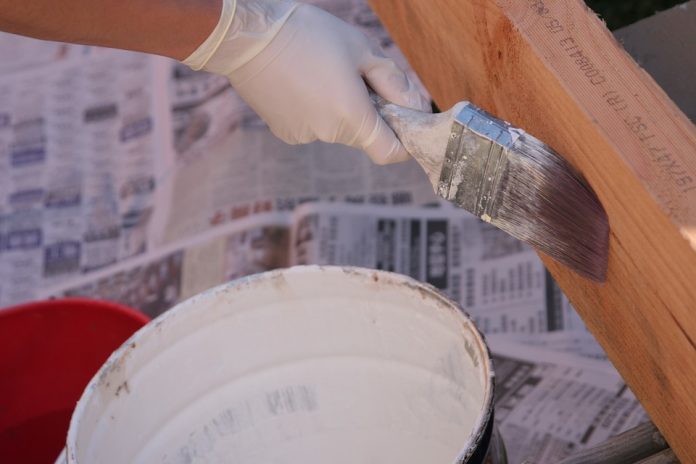Home improvements can add a lot of value to your property, with loft conversions adding up to 20% to the value of the property and even a kitchen restoration can add around 5-8%. But understanding your costs is key to ensure that your home improvements bring good value for the money and can be resold at a higher price. Should you be expanding your business and want to develop a bigger home office, you need to make sure your current home is as attractive as possible. We offer some top tips below:
Don’t overspend
Easier said than done, but we all want to have the perfect bathroom or kitchen. The important thing is to consider the re-sale value too. If all the homes in the road are worth around £500,000 and yours is a similar price range, it is not worth spending £30,000 or £50,000 on a new bespoke kitchen since you will not see a positive return on investment.
Potential buyers may not be willing to spend an extra £30,000 to £50,000 for a property on your road. Sure, a nice kitchen may help with closing the sale, but it is important to cost out your home improvement effectively unless you plan on staying there for the rest of your life.
Consider other costs
We become single-minded in the costs required to carry out the extension or conversion but easily miss the additional costs. This includes any planning permission (if necessary), any rental fees if you have to move out and any snagging. This occurs when aspects of the property are damaged during construction and need to be fixed.
Costs to make your new kitchen or home office look really great could include a deep clean, new carpet or a fresh lick of paint too which need to be factored. Some experts recommend always putting aside an additional 10-20% of your overall budget in case of any damages or emergencies relating to the build such as flooding or a fire.
Can you add anything else?
Whilst you are opening up the place, why not see if you can add anything else? If you are adding a loft conversion with an extra bedroom, why not see if you can add a shower room too. This will only help the property go up in value. Other popular additions to a home these days which are very low-cost include a home office in the garden which provided is below a certain height, does not require planning permission (Source: The Premier Loft Company). This could be worth getting a quote for whilst your builders are still on location.
Which finance you use
If you are using your own savings to fund your home improvements, this is the ideal way to avoid any further debt. If you find that you have additional costs or are looking to renovate as an investment, there is specialist finance available. By taking out a loan, you may be more conscious to stay in budget since you have not accounted for going overboard. Plus, you may have to double-check your numbers with a lender which is a good way to get a second opinion.
Flexible options such as bridging or development finance are more suited for property developers but also used by homeowners too. Applicants can receive funds within 2-3 weeks and whilst the loan is secured on the property, they are designed to give you the funds upfront to renovate an existing property or build up a piece of land. Although loan terms are usually around 3 to 24 months (Source: MT Finance), if your building work is delayed, you always have the option to refinance under different terms.
Find a Home-Based Business to Start-Up >>> Hundreds of Business Listings.

















































